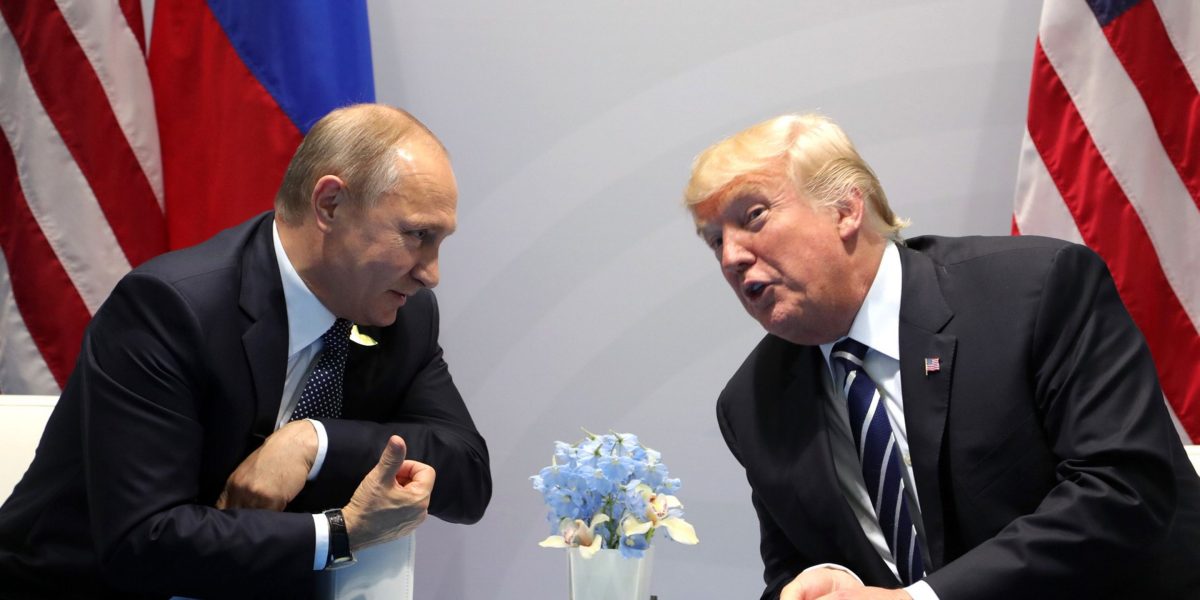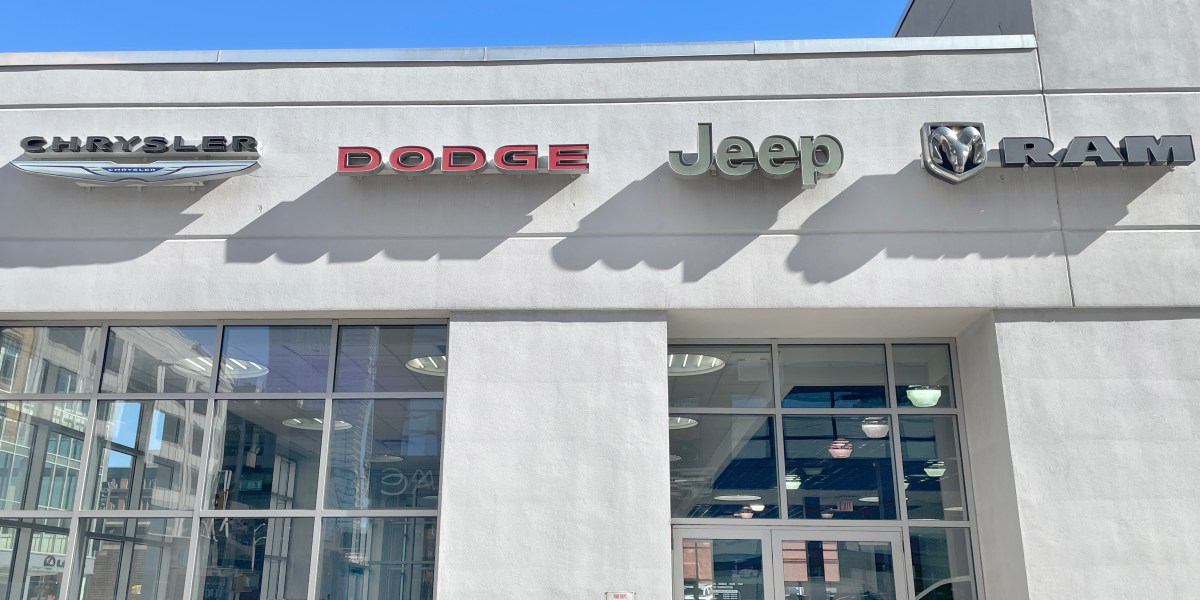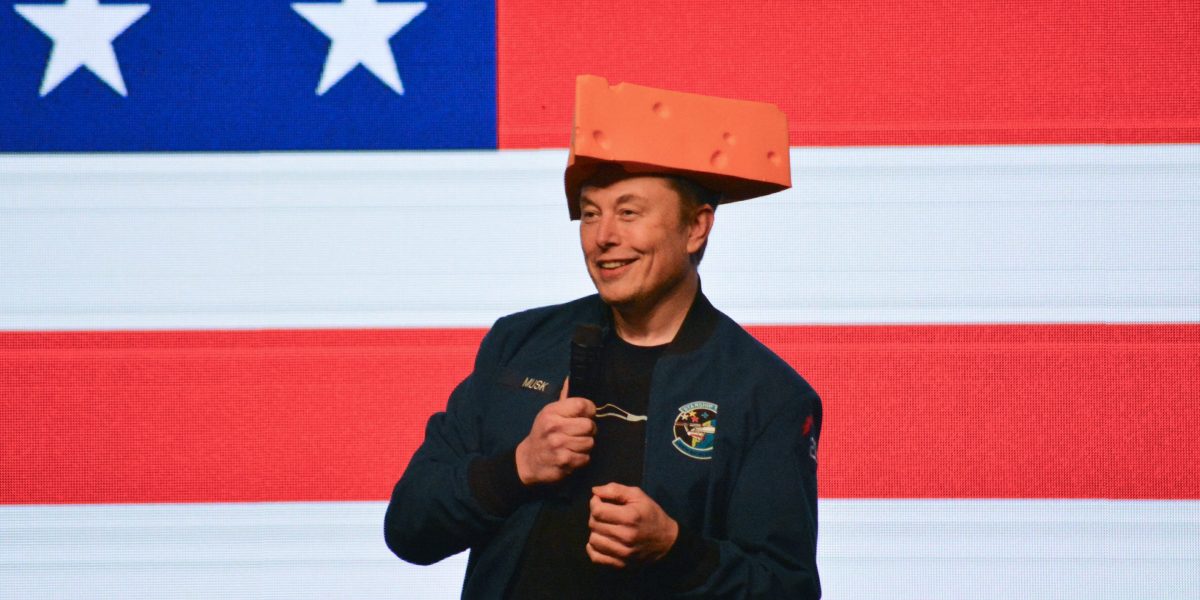- Elon Musk denied rumors he would soon be leaving the Trump administration. When news leaked in Politico that Trump told his inner circle the Tesla CEO would soon return to the private sector full-time, shares in the beleaguered carmaker surged.
Amid all the grim news around Tesla, investors finally had cause to cheer on Wednesday. Politico leaked rumors that CEO Elon Musk would, at long last, return to run his business empire full-time, leaving his newfound love of politics behind.
Shares in the company reversed their losses, soaring on the hopes that President Trump had in fact told his inner circle that the entrepreneur would soon be gone just as the article reported.
Not so fast, Musk countered—he wasn’t going anywhere.
“Fake news,” posted the Tesla CEO, who only two weeks earlier proudly shared a glimpse of his new D.C. office as head of Trump’s government efficiency task force DOGE. In two brief words, he dashed hopes among his investors that his political career as cost-cutter-in-chief was all but over.
Hours earlier, Tesla shocked shareholders with its worst quarterly sales since the spring of 2022 almost three full years earlier. Not even the most pessimistic analyst forecast anything close to the 13% decline in volumes.
It was the latest warning sign that Tesla and its core autos business was rusting away.
Musk staked his domestic political capital on Wisconsin race—and lost
Whether by coincidence or not, the report landed just shortly after Trump learned that Musk’s campaign to help Republicans win control of the Wisconsin state supreme court proved a complete disaster.
The Tesla CEO splurged nearly $25 million in the belief that electing Brad Schimel would alter the very course of western civilization.
“This is one of those things that may not seem that it’s going to affect the entire destiny of humanity,” Musk told a rally in Green Bay in all earnestness, “but I think it will.”
It isn’t the first time the Tesla CEO has felt this strongly about a vote. Only two months prior, he told Germans that electing the nationalist far-right AfD into power would determine the fate of Europe, if not the entire world: “I do not say it lightly when I think the future of civilization could hang on this election.”
Instead, AfD came second, and Musk accused the country of “suicidal empathy.” Just as with the AfD, Musk’s endorsement of Schimel did not appear to have helped at all, and may have even hurt—a fact likely not gone unnoticed by Trump.
Amid the entrepreneur’s declining popularity and weeks of anti-Tesla boycotts that had owners afraid of leaving their cars unattended, investors are starting to say enough is enough.
Brief Musk stopovers to hold Tesla investors by the hand no longer cut it
On Wednesday, Wedbush analyst Dan Ives called Tesla “the most disruptive technology company in the world” thanks to Musk. Yet, even he is now warning the longer its CEO stays at DOGE, the more permanent damage he will inflict on Tesla’s brand.
Only last week, Ives had praised Musk for holding investors by the proverbial hand during a Tesla meeting, in which he promised staff they would make history by turning scarce resources into an infinitely sustainable abundance.
“The future we’re headed for is one where you can literally just have anything you want,” Musk told them in comments that also helped soothe shaky investor nerves.
But after Wednesday’s dreadful delivery figures, Ives is seemingly no longer satisfied with brief Musk stopovers to rally the troops.
“With major protests erupting globally at Tesla dealerships, Tesla cars being keyed and a full brand crisis tornado now underway, this has turned into a life of its own and cast a dark black cloud over Tesla’s stock,” he wrote. “Musk needs to get his act together or else unfortunately darker times are ahead for Tesla with today’s disaster Q1 delivery number a stark reminder.”
This story was originally featured on Fortune.com
Source link


 Entertainment8 years ago
Entertainment8 years ago
 Politics8 years ago
Politics8 years ago
 Entertainment8 years ago
Entertainment8 years ago
 Entertainment8 years ago
Entertainment8 years ago
 Tech8 years ago
Tech8 years ago
 Tech8 years ago
Tech8 years ago
 Tech8 years ago
Tech8 years ago
 Politics8 years ago
Politics8 years ago






